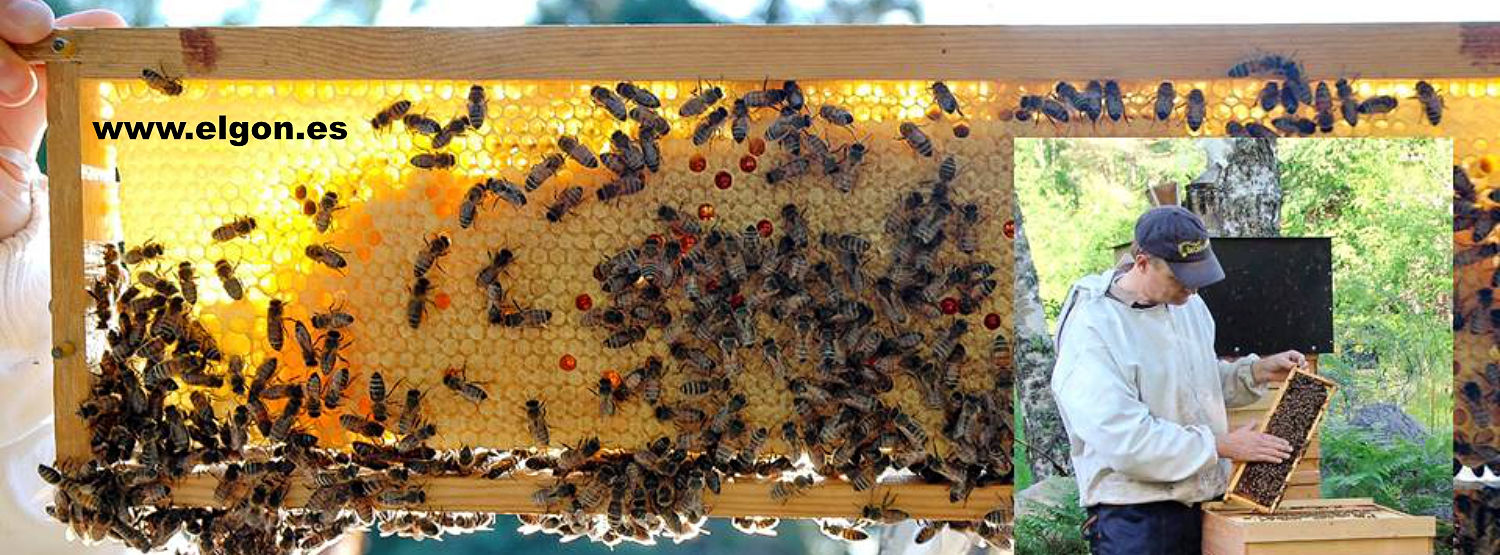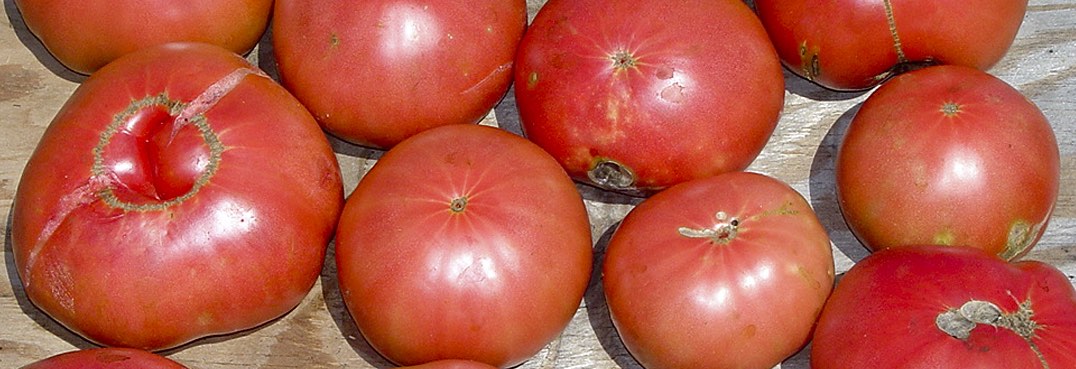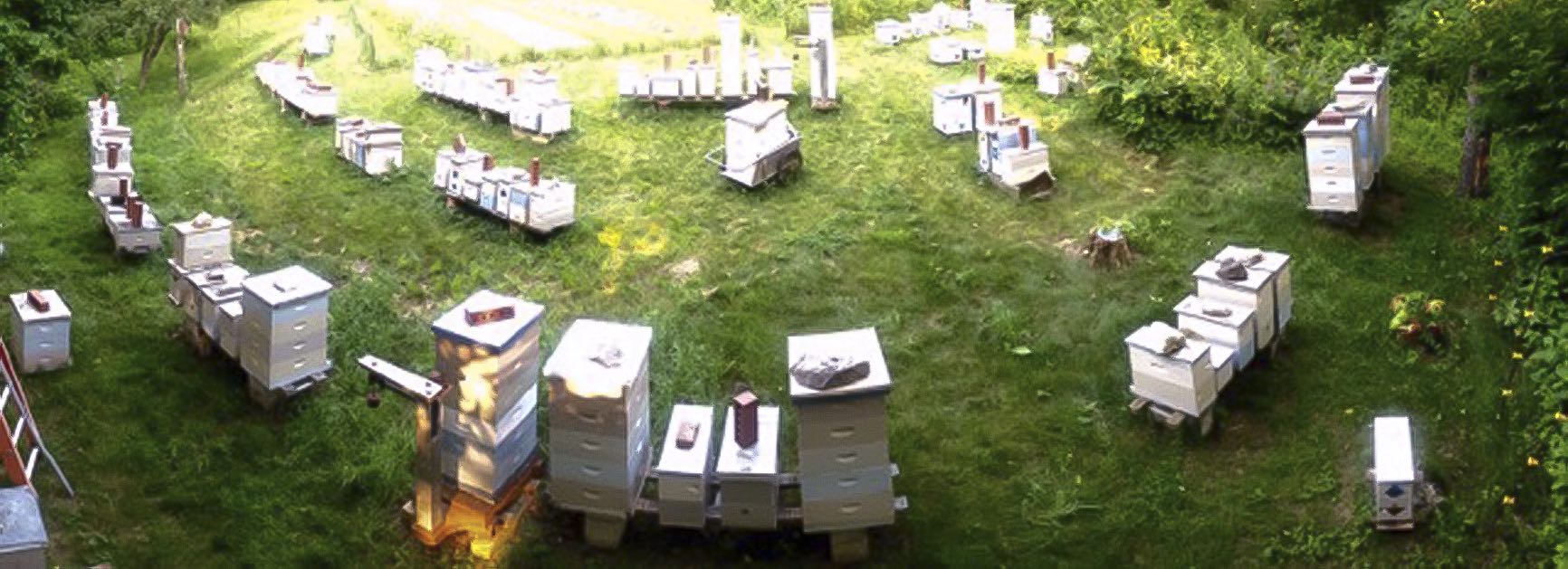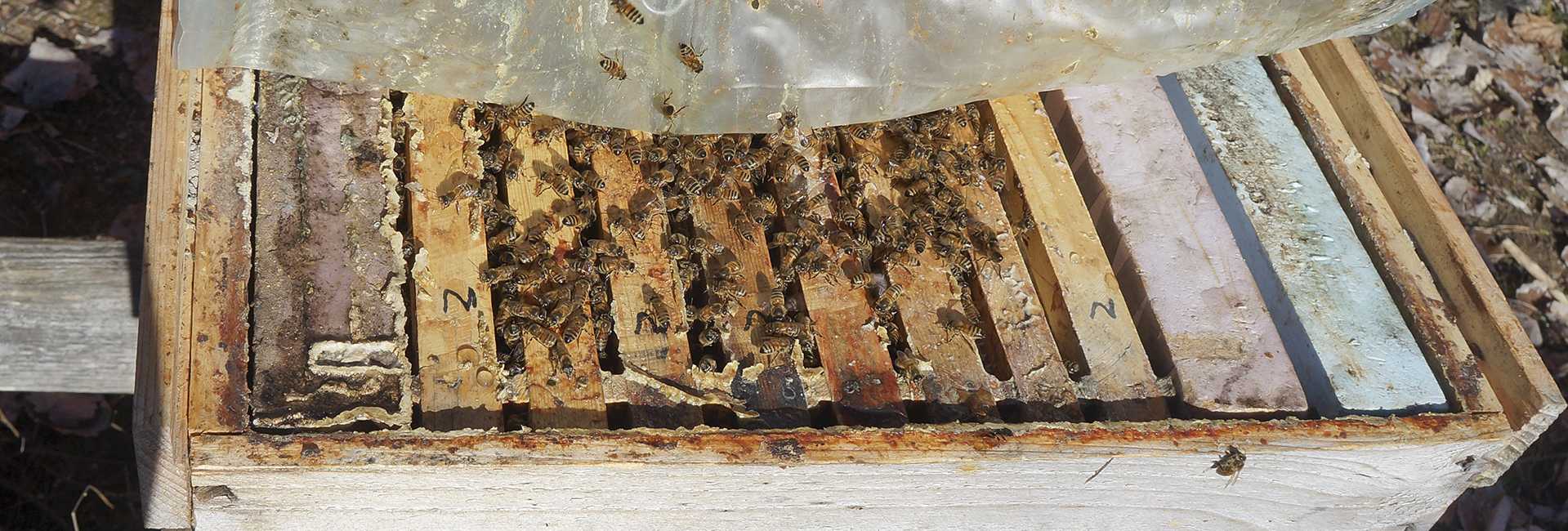Some years ago, varroa resistance had risen noticeably on my Elgon bees. Then I started to give away some breeder queens to the neighboring beekeepers. And they promised to graft from them to make new queens. In particular, Stig-Åke Gerdvall
Cooperation in the Elgon area





